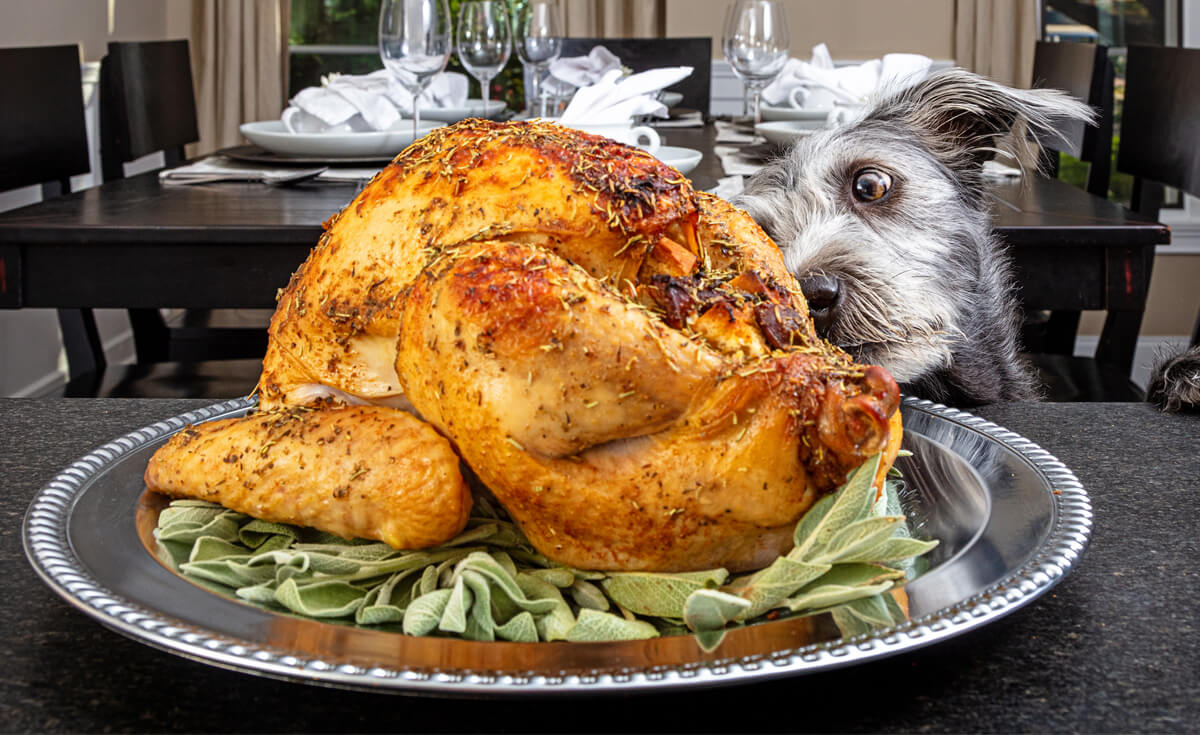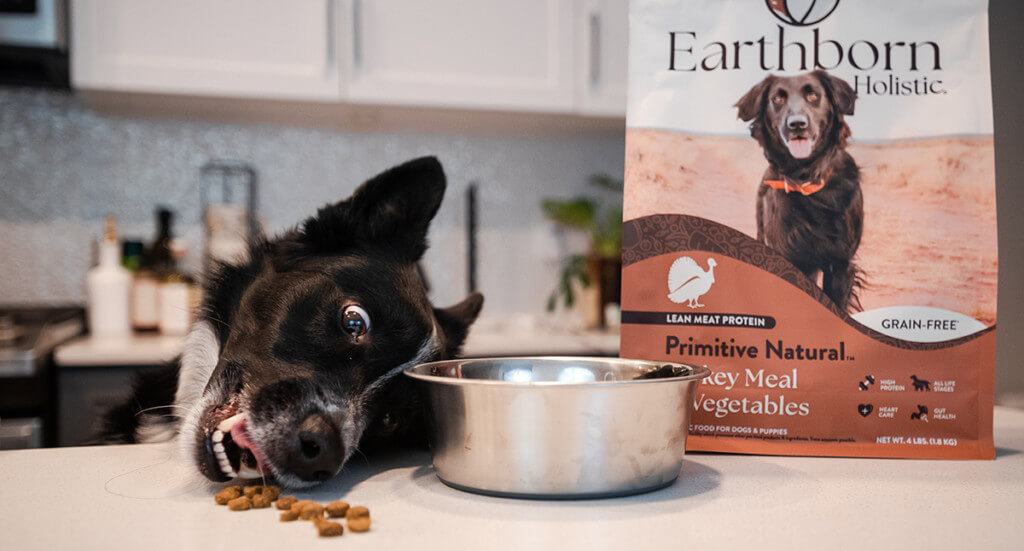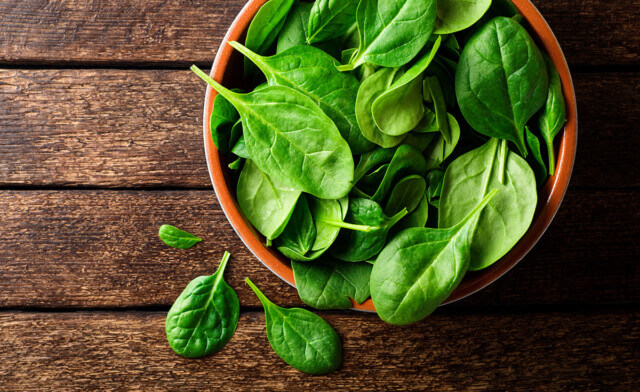Can Dogs Eat Turkey? Understanding the Nutritional Benefits and Risks
As the aroma of roasted turkey fills the air during Thanksgiving or any family dinner, pet parents often find themselves pondering a culinary conundrum: can dogs eat turkey?
If you’ve ever caught your furry friend giving you those irresistible “puppy eyes” while you carve the turkey, you’re not alone. The good news is that turkey can indeed be a nutritious and delicious addition to your dog’s diet – if prepared and served correctly, of course.
In this guide, we’ll explore the benefits of turkey for dogs, from its high protein content to the essential nutrients it contains. We’ll also dive into the safe ways to prepare and serve turkey to your pup, along with important precautions to keep in mind.

Is Turkey Good for Dogs?
Turkey is a powerhouse of nutrition for dogs, boasting high levels of protein and essential nutrients that contribute to their overall well-being. But it’s not as simple as just tossing a turkey leg in your dog’s direction. Certain parts of the bird, like seasoned turkey skin and cooked bones, are off-limits. These can pose serious health risks, including choking hazards and upset stomachs, so they should always be avoided.
When serving turkey to your canine companion, plain, cooked turkey meat is your safest bet. This ensures that your dog can enjoy the nutritional benefits of this versatile meat without any risks. Always remember to remove the skin and bones before serving to make it a truly pet-friendly treat.
Nutrition and Health Benefits of Turkey for Dogs
Turkey is not only a delicious holiday staple for humans, but it can also provide numerous nutritional and health benefits for our furry friends. In this section, we’ll take a closer look at the specific nutritional and health benefits that turkey can offer to our canine companions, breaking down why this meat is more than just a tasty treat.
High in Protein and Essential Nutrients
Turkey is an excellent source of protein for dogs, supplying the essential amino acids needed for muscle growth and overall well-being. It not only fuels your pup with energy but also aids in tissue repair and hormone production.
But the benefits don’t stop there. Turkey is also rich in vital nutrients like vitamin B6 and niacin, which are key for healthy skin and efficient metabolism. These nutrients also play a role in keeping your dog’s nervous system in tip-top shape. Iron is another key element found in turkey, playing a crucial role in oxygen transport within the blood.
Diving further into its nutritional profile, turkey also boasts additional noteworthy nutrients. One such nutrient is selenium, a mineral that boosts a healthy immune system and acts as an antioxidant. It helps combat inflammation, enhancing your dog’s ability to fight off infections.
Additional key nutrients include:
- Tryptophan. This amino acid aids in the production of serotonin. Serotonin is a neurotransmitter that contributes to feelings of well-being and happiness in your dog, helping to manage stress and mood.
- Zinc. This mineral is vital for various biochemical processes. It’s especially important for DNA synthesis and helps speed up the healing of wounds.
- Phosphorus. Essential for the development of strong bones and teeth. It plays a significant role in how the body uses carbohydrates and fats.
- Potassium. An electrolyte that helps to regulate fluid balance in the body. It’s also crucial for proper muscle function and maintaining a regular heartbeat.
What’s more, turkey contains moderate amounts of Omega-3 and Omega-6 fatty acids. Although not as abundant as in fish, these fatty acids still contribute to a healthy coat, skin, and joints. So, when you feed your dog turkey, you’re essentially offering them a nutrient-dense superfood!
Can Help with Weight Management
Turkey is a lean protein, rich in essential nutrients that support healthy body function. Incorporating turkey into your dog’s diet can contribute to weight management, especially if your furry friend needs to shed a few pounds.
Serving portions of this versatile meat not only provides the necessary proteins for muscle strength but also keeps your pet feeling fuller for longer, curbing overeating tendencies.
Consider replacing higher-fat meats with ground turkey or small pieces of cooked turkey breast as an occasional treat for effective and safe canine weight control.
Supports a Strong Immune System
The protein and essential nutrients in turkey also help boost your dog’s immune system, making them better equipped to fight off illnesses. When you feed your dog plain, cooked turkey, you’re doing more than just giving them a tasty meal – you’re also supporting their immune health.
It’s important to prepare the turkey correctly and serve it in the right amounts. Doing this ensures that your dog enjoys the meal and gains the health benefits, contributing to their overall well-being.
How to Safely Feed Turkey to Your Dog
When feeding your dog turkey, always make sure safety comes first. Let’s take a look at the best practices for serving this protein-rich meat to your four-legged friend.
Plain, Cooked Turkey Is the Best Option
If you’re thinking of adding turkey to your dog’s diet, boiling or roasting the meat are excellent methods. These cooking techniques not only make the turkey safe to eat but also preserve its nutritional value. This lean protein offers numerous benefits, such as supporting muscle maintenance and overall wellbeing. Just remember to cook the turkey without any seasonings to keep it safe for your pup.
Remove the Skin and Bones
Before your dog gets to enjoy this tasty treat, it’s important to remove the skin and bones. The skin is fatty and can be difficult for dogs to digest, while bones can splinter and pose a choking risk. Serving the turkey plain ensures it’s a safe and enjoyable addition to your dog’s diet.
Monitor for Any Digestive Issues
After your dog enjoys their turkey treat, keep an eye out for any signs of digestive issues. Symptoms like vomiting, diarrhea, or an upset stomach could indicate that turkey might not be the best fit for your pet’s diet. If you notice any of these signs, it’s best to contact your vet as soon as possible.
Feed a High-Quality Turkey Dog Food
When it comes to feeding your dog turkey, choosing a high-quality turkey dog food that’s formulated to meet their nutritional needs is an excellent option.

Choose from two delicious flavors, Primitive Natural dog food and our Turkey Meal & Pumpkin limited ingredient dog food recipes, to find the perfect option for your pup.
Our Primitive Natural grain-free dog food recipe is a high protein option that’s formulated with fruits, veggies, and probiotics to help fuel your active dog or puppy’s growth & energy needs.
Earthborn Holistic Venture Turkey Meal & Pumpkin limited ingredient dog food recipe is made with high-quality turkey protein as the number one ingredient and includes pumpkin and select probiotics to help support gut health. This recipe is formulated with less ingredients for dogs that may have allergies or other sensitivities.
They’re also formulated with taurine for heart health.
By feeding your pet high-quality turkey dog food, you can ensure they’re getting the nutritional benefits of turkey in a safe and convenient way.
Precautions and Risks to Consider
Now that we’ve explored how to safely feed turkey to your dog, let’s take a closer look at some of the risks and precautions that pet parents should keep in mind. While turkey can be a tasty and nutritious treat, it’s crucial to be aware of potential pitfalls like allergies and choking hazards.
Potential Allergies or Sensitivities
Not all dogs digest turkey the same way. Some might have allergies or sensitivities that could manifest as itching, hives, or digestive issues. If you notice any of these signs after your pup enjoys their turkey treat, make sure to consult your veterinarian for tailored advice on your dog’s diet.
It’s important to note that food allergies in dogs can develop over time. Your pup may have been fine with turkey before, but that doesn’t rule out the possibility of an allergic reaction in the future. Symptoms could be subtle, such as minor itching or more frequent licking of the paws, and may take some time to become evident.
In severe cases, dogs may experience anaphylaxis, a life-threatening allergic reaction that requires immediate medical attention. So, if you’re introducing turkey into your pet’s diet for the first time, start with small portions and observe for any unusual behavior or symptoms. Always be vigilant and proactive when it comes to your furry friend’s health.
Choking Hazards from Bones
The risks of giving turkey bones to pets far exceed any potential benefits. Cooked turkey bones are particularly dangerous as they can easily splinter, posing a serious choking hazard to your dog. These splinters can also get lodged in their digestive tract, leading to potential blockages that could require emergency attention.
To keep your dog safe, avoid giving them any bones from your Thanksgiving turkey or any other poultry bones. This way, you can share the holiday spirit with your furry friend without compromising their wellbeing.
It’s also important to remember that even raw bones, which are less prone to splintering, come with their own risks. They can carry bacterial contamination like salmonella, posing a threat to both pets and humans.
In addition, hard bones can lead to dental fractures, causing pain and potentially expensive veterinary care. If you’re thinking about offering your dog something to chew on, consult your vet for safe alternatives such as dental chews or specialized chew toys designed for canine oral health.
Moderation Is Important
Feeding your dog turkey in moderation is crucial for their overall health and well-being. While turkey can provide numerous nutritional benefits, it’s important to remember that too much of a good thing can have negative consequences.
Overfeeding your dog with turkey may lead to digestive issues such as upset stomach or diarrhea. Additionally, excessive consumption of turkey can contribute to weight gain in dogs, especially if the meat contains skin or fatty portions.
To keep your furry friend healthy, ensure that you offer small quantities of plain cooked turkey as an occasional treat rather than a regular part of their diet.
Key Takeaways
- Plain, cooked turkey is a nutrient powerhouse. Turkey is a rich source of essential nutrients and high-quality protein that can significantly contribute to your dog’s muscle development, immune system, and overall wellbeing.
- Safety first. Cook the turkey without any seasonings and always remove the skin and bones before serving it. These can pose health risks, including choking hazards, digestive issues, and allergic reactions.
- Allergy and sensitivity awareness. Dogs, like humans, can have allergies or sensitivities to certain foods. If turkey is a new addition to your pet’s diet, start with small portions and observe for symptoms like itching or digestive issues. Consult your veterinarian if you notice anything amiss.
- Portion control for wellness. Turkey may be nutrient-rich, but moderation is key. Overfeeding could lead to digestive issues and unwanted weight gain, particularly if the turkey meat includes fatty portions or skin.
- High-quality turkey dog food as an alternative. If you’re looking for a simpler way to include turkey in your dog’s diet, consider high-quality, turkey-based dog food. It offers a balanced and convenient means of delivering the nutritional benefits of turkey without the preparation hassle.
- Consult your veterinarian. Before making any significant changes to your dog’s diet, it’s always best to consult a veterinarian for personalized advice tailored to your dog’s specific health needs.
Considering Turkey for Your Dog’s Next Meal?
Turkey can be a wonderful addition to your dog’s diet when served correctly. Rich in protein and essential nutrients, it offers a range of health benefits, from muscle development to immune system support.
However, it’s essential to be cautious. Risks like allergies, choking hazards from bones, and digestive issues can’t be ignored. By making sure your dog eats plain, cooked turkey and keeping an eye on their reaction, you can offer them a tasty and nutritious treat without compromising their health.
By following these guidelines, you can make turkey a safe and enjoyable treat for your furry friend, enriching their diet while keeping them happy and healthy.
And if you’re looking for a convenient way to include turkey in your dog’s diet, our Earthborn Holistic Primitive Natural dog food and our Turkey Meal & Pumpkin limited ingredient dog food recipes are formulated to provide all the nutritional benefits of turkey in a safe and balanced way.




